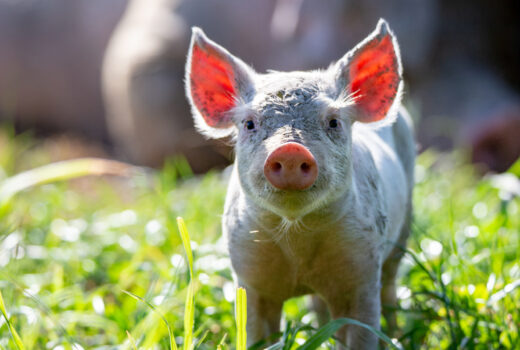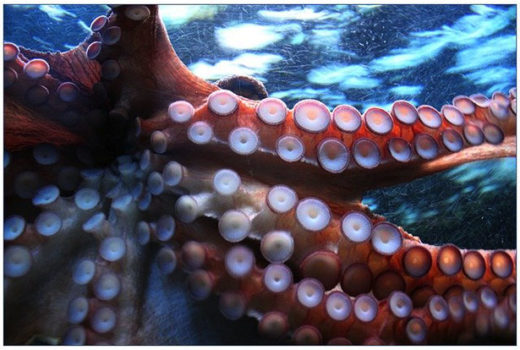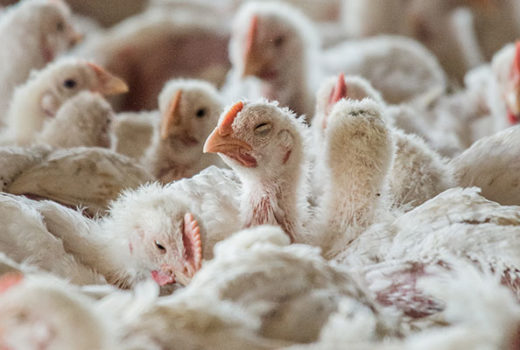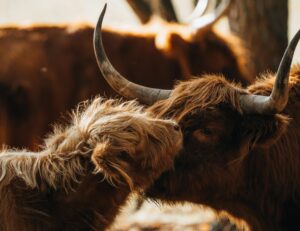2023-2024 Executive Summary
As we reflect upon our accomplishments over our ten years of existence as a research program, and as we strategically plan for the future, we would like to express our profound gratitude to everyone who has supported our work.
Our mission to analyze and improve the treatment of animals through the legal system has never been more urgent, and our tangible progress increases in leaps and bounds year by year. Our community of scholars, advocates, practicing lawyers, professionals, and students is more committed than ever to bringing all our capabilities and resources to real problems that require real solutions in real time.
We have felt that sense of urgency in everything we have done this year, and with it has come an energy that you can feel when you step into our offices. The volume and quantity of activity has been remarkable, and we are pleased to be able to share with you a glimpse of that energy and urgency in this year in review.
The amazing cohort of Visiting Fellows we hosted this year contributed significantly to that energy. They came from all over the world to focus on their own research, writing, and publication projects in our rigorous and supportive community, and they quickly became integral members. Their work has culminated in groundbreaking publications in major scientific publications such as Nature; in multiple law reviews; and publications in top literary magazines. Two of our Visiting Fellows aimed to write books for a mainstream audience and are well on their way with agents and book proposals. These impactful projects would not have happened without our Visiting Fellow program, the only program of its kind in the U.S.
We also introduced hundreds of students to Animal Law through classes, reading groups, writing groups, and events. You will read in this report many of these students expressing their new-found career aspirations in the field of Animal Law.
Among the many impactful projects described here, we want to highlight the completion of our multi-year, internationally collaborative Live Animal Markets Project, led by Ann Linder, Associate Director of Research and Policy. The report, Animal Markets and Zoonotic Disease Risk: A Global Synthesis of a 15 Country Study, is one of the most comprehensive assessments to date of zoonotic risk, offering an in-depth analysis of potential risks posed by animal markets and their supply chains across 15 countries and six continents, incorporating scientific findings, field observations, data, interviews, local and regional regulatory analysis, and other research to describe and analyze what is known about the zoonotic risks posed by animal markets and other related forms of animal industries. Beginning in 2020, the report was researched and written in collaboration with NYU’s Center for Environmental and Animal Protection. The U.S. case study was independently published in July of 2023 and exclusively featured in The New York Times; the global report was published in June of 2024 and exclusively featured in USA Today. Both continue to be cited and reported widely in the media around the world.
2022-2023 Year in Review
ALPP’s eighth year was marked by several notable achievements, including our successful efforts to defend California’s sales ban on animal products produced through certain forms of intensive confinement at the U.S. Supreme Court. Our amicus brief, written in the Clinic, presented the justices with images and descriptions of the intensive confinement of pigs and the egregious suffering it causes. Our brief engaged with the complex arguments of the dormant commerce clause while also giving the justices an unflinching picture of the actual conditions in which these animals are forced to live. Our highlights of the year also included favorable rulings in our ongoing campaign to enhance the psychological welfare of primates utilized in research, and the introduction of a new seminar on farmed animal law, created and taught by our Faculty Director, Professor Kristen Stilt.

2021-2022 Year in Review
As we enter our eighth year, the Brooks McCormick Jr. Animal Law & Policy Program has a huge agenda to solve some of the most pressing problems of today, from the devastating impact of industrial animal agriculture on the lives of animals, humans, and our planet, to the suffering of animals used in research or entertainment, and those killed for sport.

2020-2021 Year in Review
After a productive year of litigation, learning, and teaching remotely, our Animal Law & Policy Program (ALPP) team and Fellows returned to the Harvard Law School (HLS) campus in September excited to work together and collaborate in person once again. We are grateful to be able to share with you this account of all our Program and Clinic’s accomplishments from the past academic year.

2019-2020 Year in Review
As we celebrate our sixth anniversary, the Animal Law & Policy Program at Harvard Law School is proud to share the work we have done to benefit the lives of animals farmed for food, animals used in biomedical research, animals affected by climate change, and those suffering a multitude of other harms.

2018-2019 Year in Review
As we complete our fifth year, the Harvard Animal Law & Policy Program has broadened its existing focus on the welfare of animals raised for food to include the regulation of plant-based and cell-based alternatives to animal products, along with federal legislation that could have rolled back scores of state farmed animal welfare laws.


